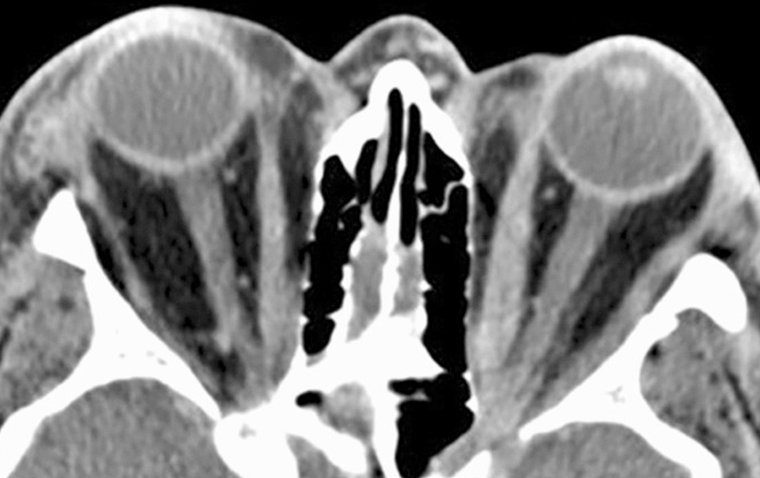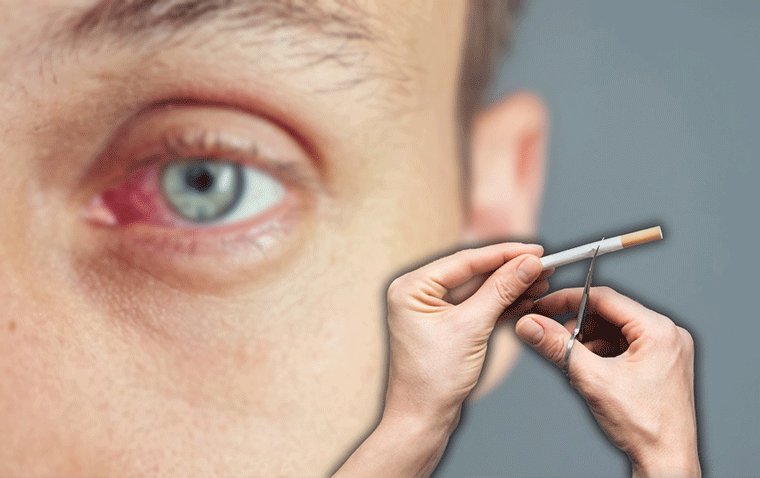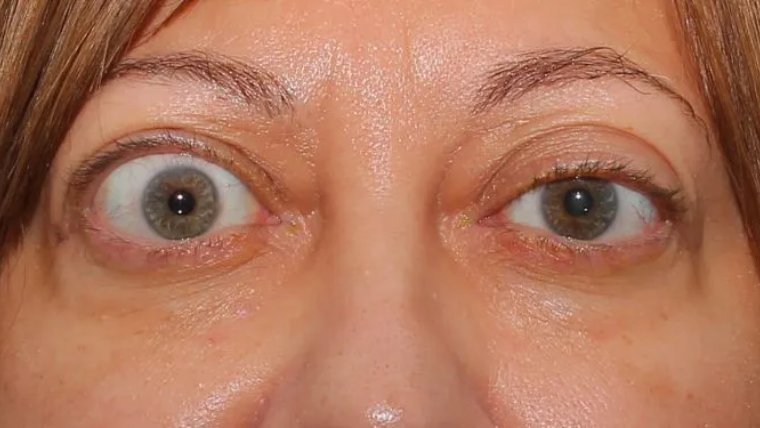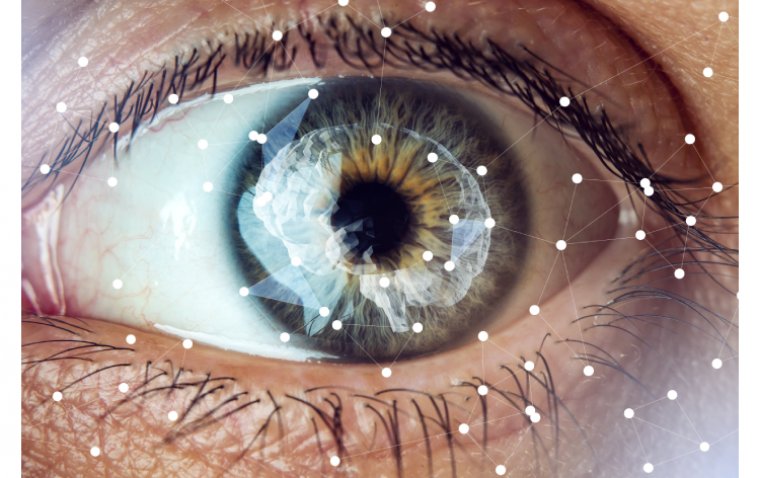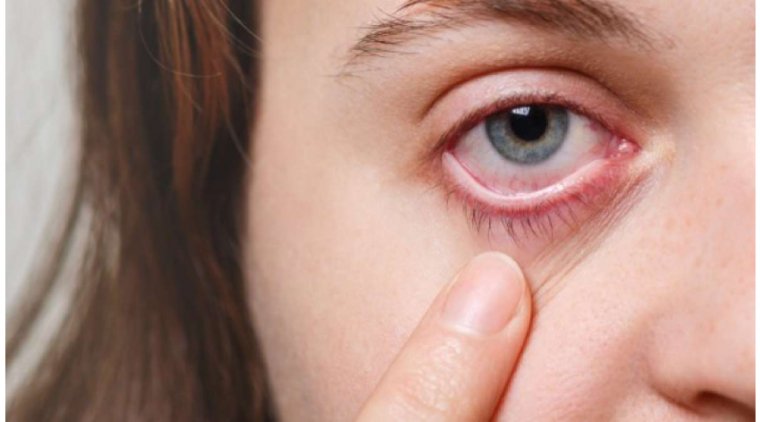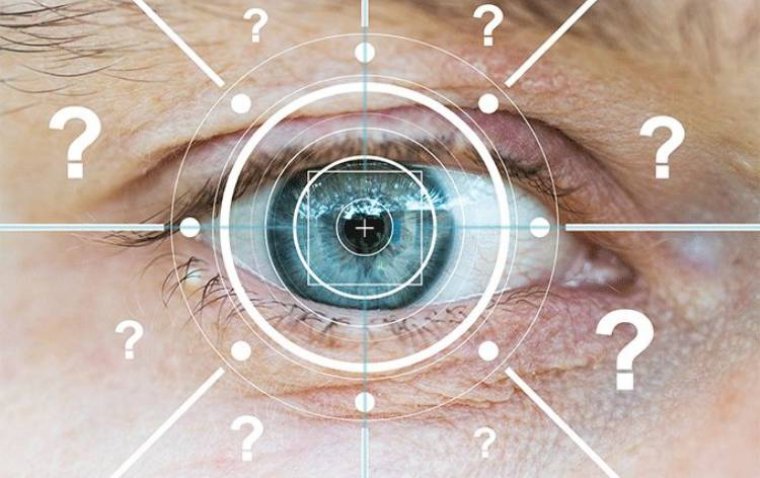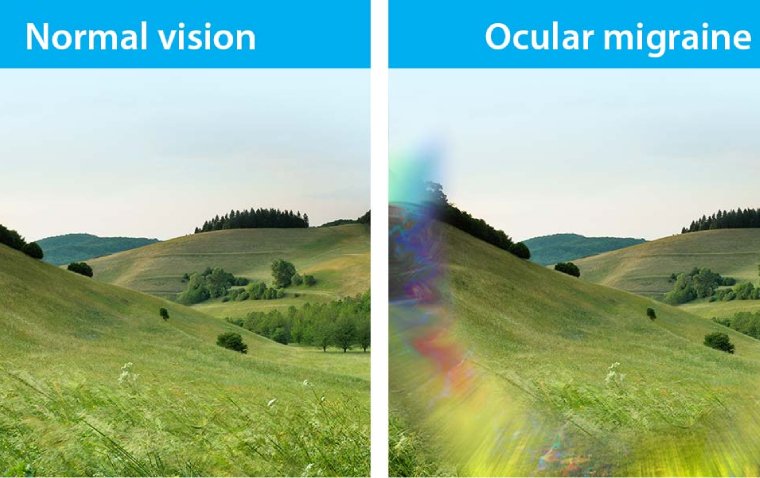
Understanding & Managing Ocular Migraines
| Table of Content |
| What Is Ocular Migraine? |
| What Causes Ocular Migraine? |
| What Are the Symptoms of an Ocular Migraine? |
| Can Ocular Migraine Cause Permanent Vision Loss? |
| Managing Ocular Migraines |
What Is Ocular Migraine?
Ocular migraine, also known as "retinal migraine” is a type of migraine headache that is accompanied by visual disturbances. It affects about 3% of the general population, and it is more common in women than in men.
What Causes Ocular Migraine?
While the exact cause of ocular migraines is not fully understood, there are several factors that may trigger an attack. Here are some common causes of ocular migraines:
Stress: Stress is one of the most common triggers for ocular migraines. Stress can cause changes in blood flow and can lead to the constriction or dilation of blood vessels, which can trigger a migraine.
Lack of sleep: Not getting enough sleep or having disrupted sleep patterns can increase the risk of ocular migraines.
Bright lights: Bright lights, especially flickering or pulsating lights, can trigger an ocular migraine in some people.
Hormonal changes: Ocular migraines may be more common in women due to hormonal fluctuations that occur during menstruation, pregnancy, and menopause.
Medications: Some medications, such as oral contraceptives and vasodilators, may increase the risk of ocular migraines.
Caffeine and alcohol: Consuming large amounts of caffeine or alcohol may trigger an ocular migraine in some people.
Certain foods: Some people may be more sensitive to certain foods, such as aged cheeses, processed meats, and chocolate, which can trigger ocular migraines.
What Are the Symptoms of an Ocular Migraine?
The most common symptom of an ocular migraine is a visual disturbance, which can take the form of flashing lights, zigzag lines, or blind spots in the field of vision. These visual disturbances are usually temporary and may last for a few minutes to an hour.
Other symptoms of ocular migraines may include:
● Headache: Ocular migraines may be accompanied by a headache that is typically one-sided and may be throbbing or pulsating in nature.
● Partial or total loss in one eye: This usually lasts 10 to 20 minutes before vision gradually returns
.jpg)
An image showing what happens to vision when ocular migraine occurrs.
Can Ocular Migraine Cause Permanent Vision Loss?
Visual disturbances caused by ocular migraines are usually temporary and will resolve on their own within a few minutes to an hour. In rare cases, ocular migraines may be a sign of a more serious underlying problem, such as a brain tumor or an arterial blockage, which can cause permanent vision loss.
Managing Ocular Migraines
Medications: There are several medications that can be used to treat ocular migraines, including triptans and nonsteroidal anti-inflammatory drugs (NSAIDs). Triptans work by constricting blood vessels in the brain and relieving headache pain. NSAIDs work by reducing inflammation and relieving pain. Your healthcare provider can recommend the appropriate medication for you based on your specific needs.
Preventive medications: In some cases, preventive medications may be used to reduce the frequency of ocular migraines. Preventive medications may include beta blockers, calcium channel blockers, and anticonvulsants.
Alternative therapies: Alternative therapies such as acupuncture, chiropractic care, and herbal remedies may provide relief for some people with ocular migraines.
It is important to consult with a healthcare provider before using any alternative therapies to ensure that they are safe and appropriate for you.
Tips to Prevent Ocular Migraines
There are several steps that you can take to help prevent or reduce the frequency of ocular migraines. Here are some tips for preventing ocular migraines:
Identify and avoid triggers: Keeping a headache diary can help you identify any potential triggers for your ocular migraines, such as certain foods, bright lights, or stress. Avoiding or minimizing your exposure to these triggers may help prevent ocular migraines.
Get enough sleep: Ensuring that you get enough sleep and maintaining a regular sleep schedule may help prevent ocular migraines.
Exercise regularly: Regular exercise may help reduce the frequency and severity of ocular migraines.
Practice stress management techniques: Techniques such as deep breathing, meditation, and yoga may help reduce stress and prevent ocular migraines.
Eat a healthy diet: A diet that is rich in fruits, vegetables, and whole grains may help prevent ocular migraines.
Consider preventive medications: In some cases, preventive medications may be used to reduce the frequency of ocular migraines. Your healthcare provider can recommend the appropriate preventive medication for you based on your specific needs.
(1).jpg)

